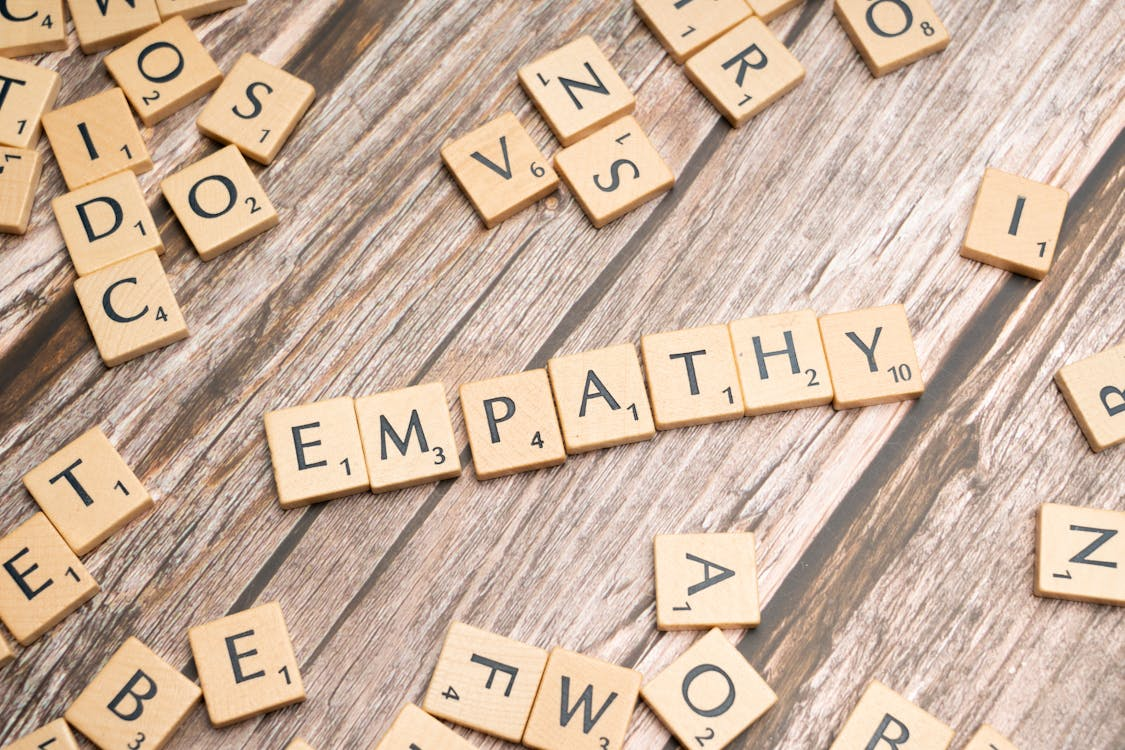Research Identifies Key Strategies for Building a Brighter Future for Children!

|
Getting your Trinity Audio player ready...
|
Introduction
As we move into the future, we’re realizing more than ever the need to build a kinder, more empathetic society—for our children and generations to come.
Children are the inheritors of our world, and it’s essential that we equip them with the skills and values needed to navigate the complexities of the modern world. Central to this mission is the promotion of empathy—a quality that lies at the heart of positive relationships, cooperation, and understanding.
The Importance of Empathy in Society
Research highlights empathy as a crucial element in improving how we all relate and get along. Empathy, the ability to understand and share the feelings of others, serves as a powerful tool in resolving conflicts and fostering harmonious relationships.
With empathy, individuals can better connect with one another, appreciate diverse perspectives, and work collaboratively towards common goals. Therefore, empathy is not just a desirable trait—it’s an essential component of a compassionate society.

The Importance of Teaching Empathy to Children
To achieve this goal of a more empathetic culture, it’s imperative that adults model and teach empathy to children through their actions and words. Children learn by example, and adults serve as powerful role models in shaping their understanding of empathy and its importance.
Whether it’s parents demonstrating understanding towards a neighbor in need, teachers showing kindness towards a struggling student, or caregivers modeling respect towards individuals from different backgrounds, these everyday acts of empathy leave a lasting impression on children, shaping their values and behaviors for years to come.
By consistently modeling and teaching empathy, adults can empower children to navigate the complexities of human relationships with compassion, understanding, and kindness. Ultimately, by prioritizing empathy in our interactions and relationships, we can create a brighter, more empathetic future for all.

Ten Ways Adults Can Model Empathy for Children
- Actively listen to others without hesitation, ensuring they feel heard and understood.
- Acknowledge and validate others’ feelings and perspectives, demonstrating empathy and compassion.
- Show kindness and generosity towards others, both in words and actions, fostering a caring environment.
- Use empathy-building language, such as “I understand how you feel,” to convey understanding and support.
- Encourage and support acts of kindness and empathy in children’s interactions with peers, promoting a culture of compassion.
- Model inclusive behavior by treating everyone with respect and dignity, fostering a sense of belonging.
- Display empathy towards animals and the environment, promoting compassion for all living beings.
- Engage in volunteer work or community service activities to demonstrate empathy in action.
- Reflect on and share personal experiences of empathy and compassion with children, illustrating their importance in everyday life.
By incorporating these practices into their interactions, adults can effectively model empathy for children, nurturing their empathetic development and fostering a more compassionate and understanding society.
References:
Nouri, R., & Ahmadian, M. (2021). Can Empathy Help Individuals and Society? Through the Lens of Volunteering and Mental Health. Healthcare (Basel), 9(11), 1406. https://doi.org/10.3390/healthcare9111406
Riess, H. (2017). The Science of Empathy. Journal of Patient Experience, 4(2), 74–77. https://doi.org/10.1177/2374373517699267






